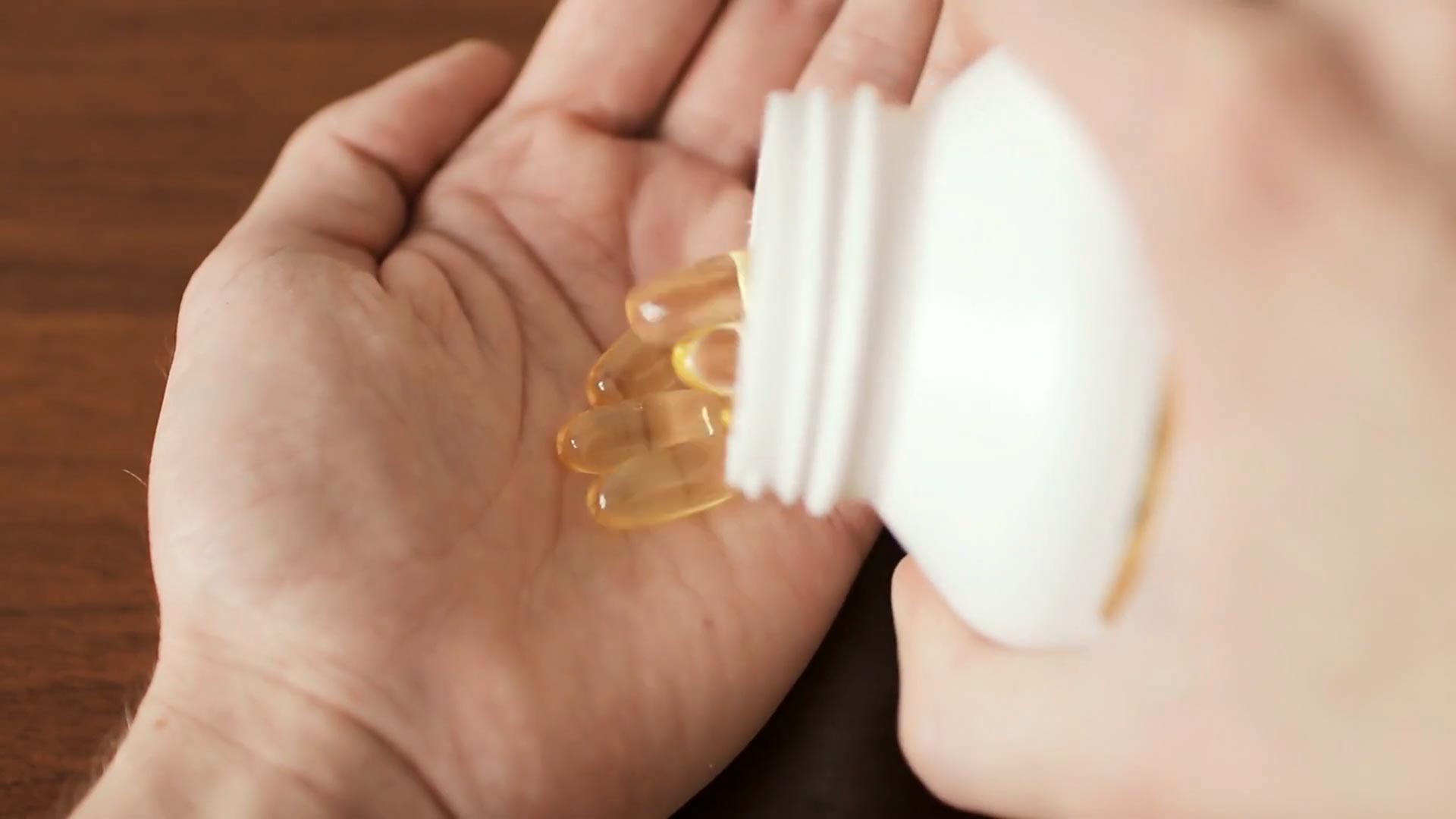With funding from the National Institutes of Health, a Penn State researcher can investigate whether vitamin D supplementation can help people ward off or reduce the symptoms caused by them COVID-19.
Margherita Cantorna, distinguished professor of molecular immunology and nutrition at the College of Agricultural Sciences, received almost as part of a competitive review last year of an existing NIH grant that supports her research on how vitamin D regulates the immune system in the gastrointestinal tract US $ 241,000 wing.
Cantorna said the addition of two key staff in the college’s Veterinary and Biomedical Sciences division will enable the new work: virologist Troy Sutton, assistant professor of veterinary and biomedical sciences, and Girish Kirimanjiswara, associate professor, whose research focuses on immunology and infectious diseases lies.
“Patients with acute respiratory infections have been shown to be vitamin D deficient, and vitamin D supplements have been touted as useful in high doses for the prevention of seasonal influenza,” said Cantorna. “In the meantime the emergence of SARS-CoV-2 has sparked interest in the potential of high-dose vitamin D supplements for the prevention and treatment of serious diseases related to the COVID-19 pandemic. ”
Cantorna’s research group has shown that vitamin D plays an important role in maintaining health in the gastrointestinal tract. Higher vitamin D levels reduce susceptibility to inflammatory bowel disease and Crohn’s disease, as well as intestinal and lung infections in animals and humans. However, too much vitamin D can be harmful.
Cantorna noted that the local and systemic inflammation caused by SARS-CoV-2 infection is not well understood, and controlling such inflammation can improve outcomes for COVID-19 patients. Although low vitamin D status has been linked to acute respiratory disease, research has not confirmed a causal relationship.
“We don’t fully understand the mechanisms underlying the effects of vitamin D in the lungs, or how vitamin D regulates host immunity to viral infections,” she said. “These significant gaps in knowledge have hampered the development of interventions and accurate news containing vitamin D for the treatment and prevention of respiratory diseases.”
Using mouse and hamster models, the Cantorna team will test whether additional vitamin D treatments limit virus replication and / or inflammation in the lungs and protect against severe SARS-CoV-2 infection.
“We plan to determine the effects, dose and timing of possible vitamin D interventions in infected animals,” said Cantorna. “Since SARS-CoV-2 has been shown to infect the gastrointestinal tract, the benefits of vitamin D could include regulation of gastrointestinal immunity as well as lung immunity.”
She added that all work with SARS-CoV-2 virus will be done in the Eva J. Pell Enhanced Biological Research Laboratory, Penn State’s state-of-the-art biosecurity level 3.
“In some cases, the most at risk are told to take vitamin D supplements for protection against COVID-19 without showing any evidence of effectiveness or safety,” Cantorna said. “We hope that our results can help develop responsible guidelines about whether high levels of vitamin D are safe and effective in alleviating this disease.



